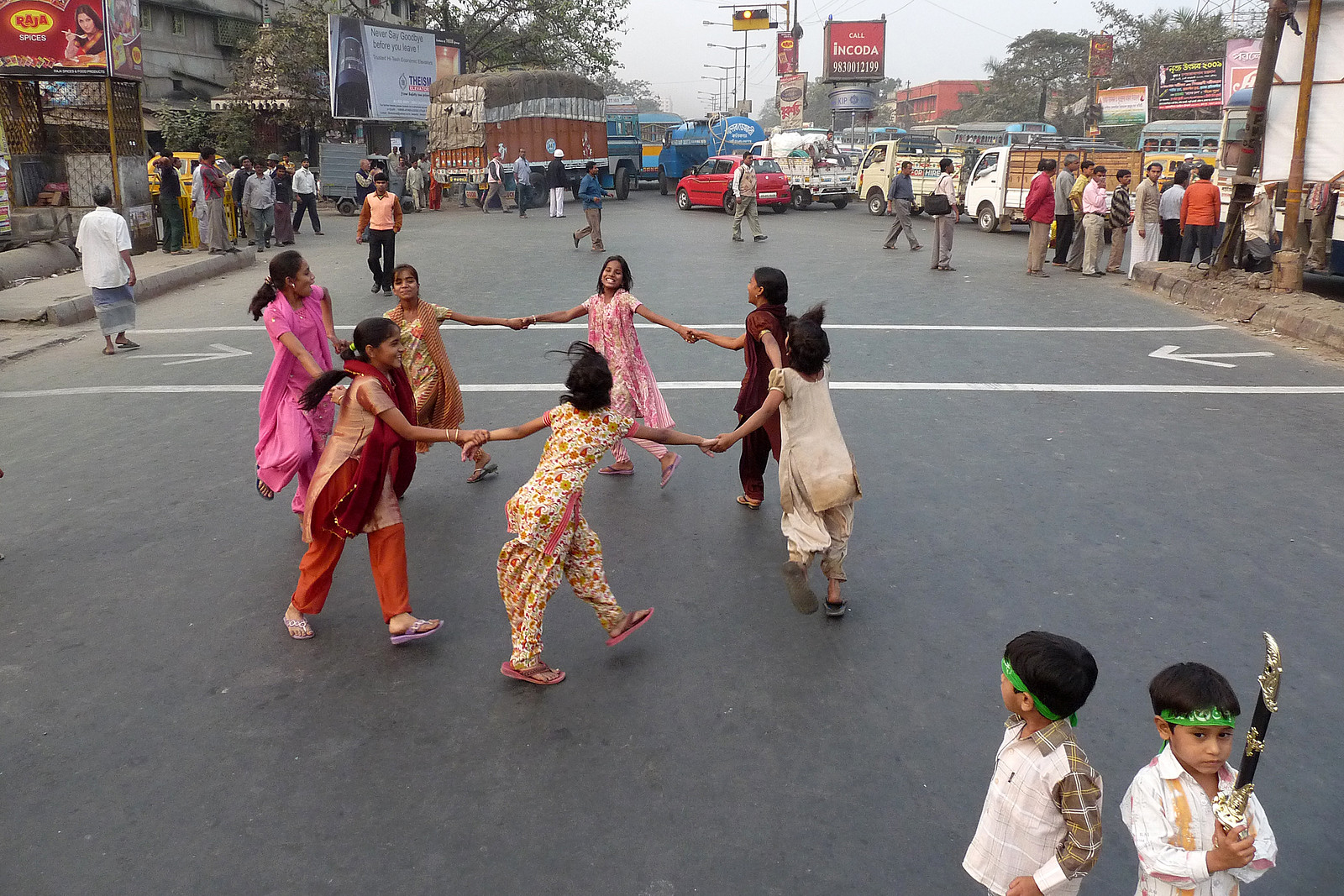
Developing an Evaluation Framework for Gender-Based Violence Prevention
An InterAction Results-Based Protection Project
In April 2019, InterAction received generous support from the Swedish International Development Cooperation Agency (SIDA) to develop a results-based evaluation framework for the prevention of gender-based violence (GBV).
The evaluation framework will be targeted toward humanitarian practitioners in the field, H.Q.-level protection and GBV advisors, and any organization that states GBV prevention as a desired outcome.
During the first year of the project, InterAction formed an Advisory Committee consisting of over 15 experts and humanitarian organizations implementing GBV programming. The Committee has steered the process of identifying the various methods, approaches, and strategies to be used as a basis for program design so that, ultimately, protection outcomes as related to GBV prevention can be evaluated.
InterAction and the Advisory Committee successfully oversaw the completion of a scoping exercise that aimed to map out a range of GBV risk patterns addressed in crisis settings and the respective interventions, methods, and tools used to track and measure prevention outcomes. The outcomes of the scoping exercise are elaborated in this white paper. Key takeaways include:
- As evidenced in the existing literature, there is a general conflation of all elements of the risk equation—risk, threat, vulnerability, and capacities.
- There is an overall absence of data on risk patterns to inform program design and little evidence that the quality of interventions and strategies can be measured.
- It is unclear to which degree global theories of change inform programming, and whether context-specific theories of change are developed to address context-specific risk patterns.
- It is unclear if program indicators are fit-for-purpose and are used to measure impact rather than outputs.
In the new year, the Advisory Committee convened in-person for a two-day workshop in Washington, D.C. The objective of the meeting was to further explore the findings of the scoping exercise and determine the next steps for the development of a GBV prevention evaluation framework (PEF). Read more here for an account of the workshop outcomes, next steps—including field-level engagement—and insight into how the PEF is taking shape.
In June, InterAction and the Advisory Committee hired a team of expert consultants from the firm to conduct field-level engagement with affected people, local and national NGOs, as well as field staff of the Advisory Committee members and other stakeholders. Due to COVID-19, engagement with the field will mostly be done virtually, although the team is hoping to do at least one in-person field mission. The consultancy team will simultaneously draft the evaluation framework, feeding in information learned through field-level engagement and consultations at the H.Q. level to revise and refine the framework. The final results-based evaluation framework is expected to be launched in 2021, along with a plan for piloting it.
Stay tuned via the Results-Based Protection (RBP) website and forthcoming RBP Digests for updates on the next phase of this project!








